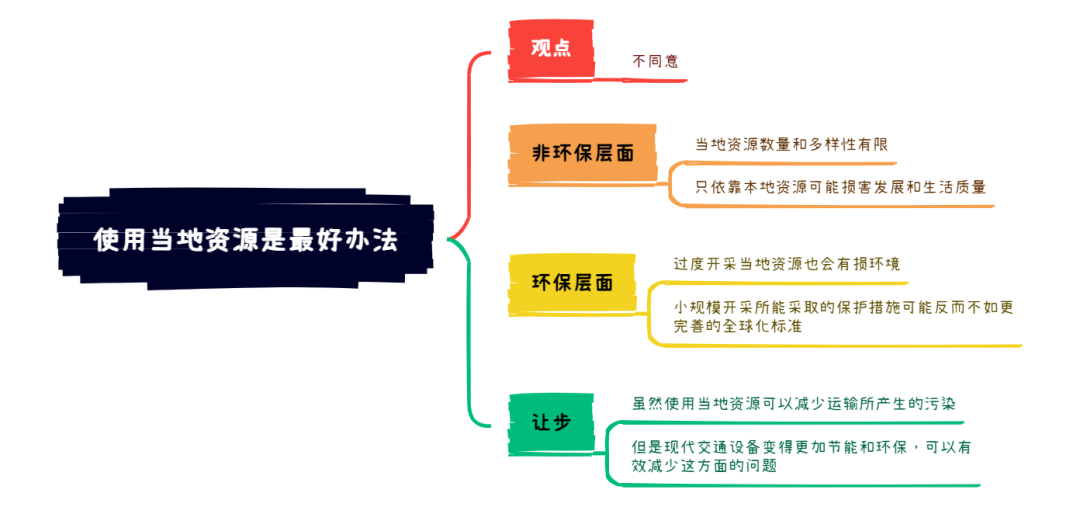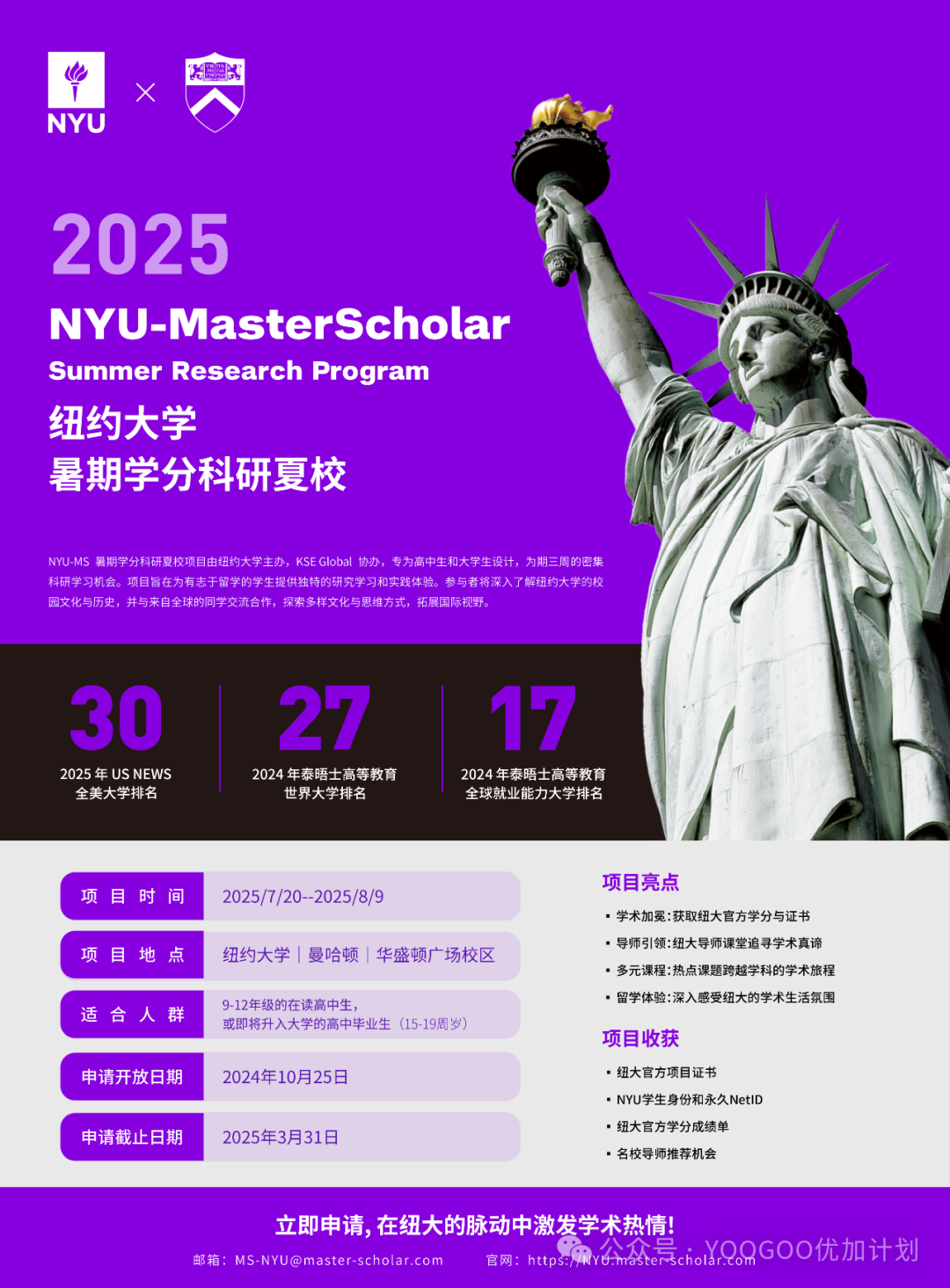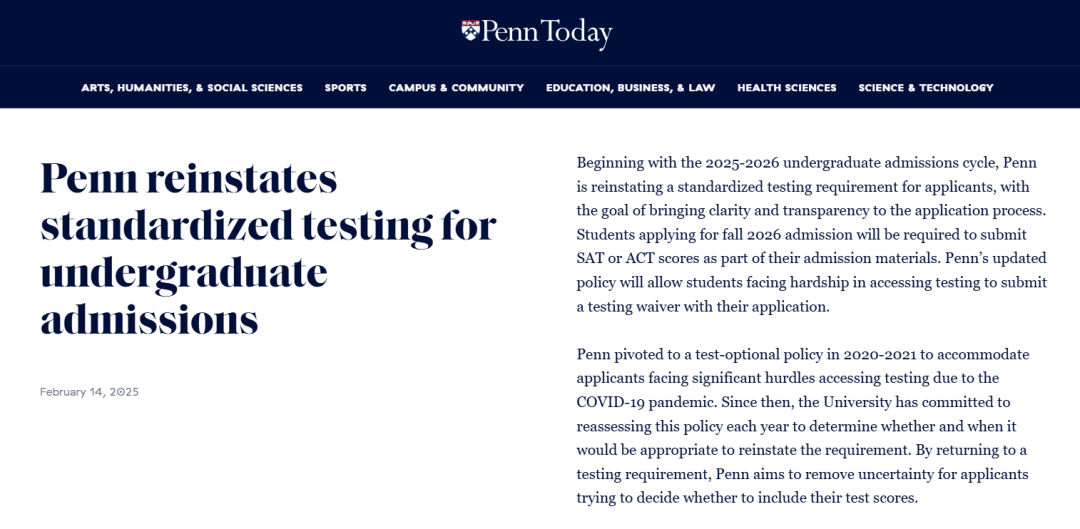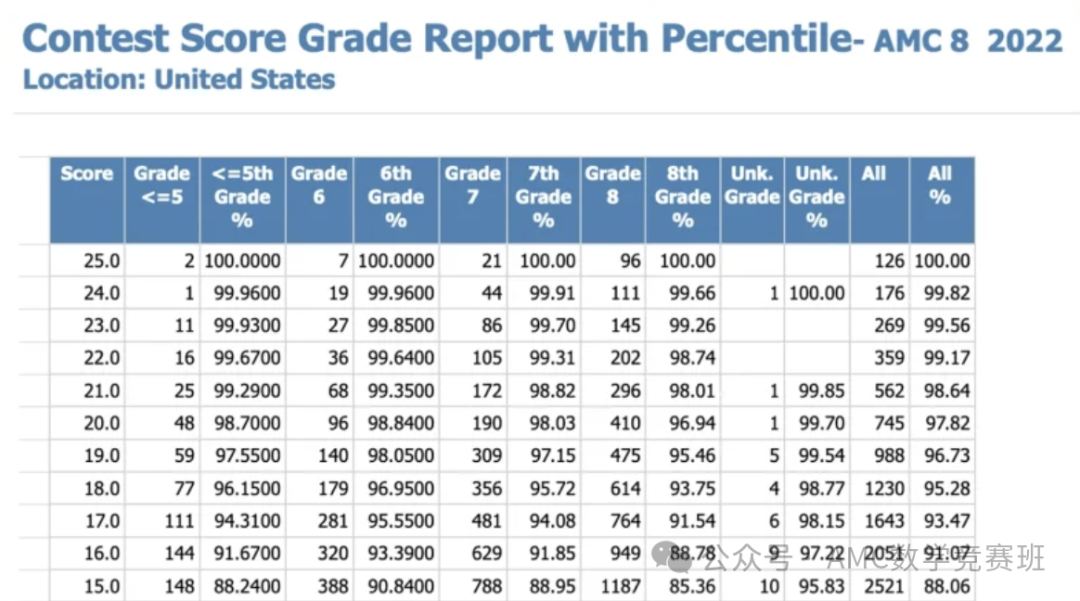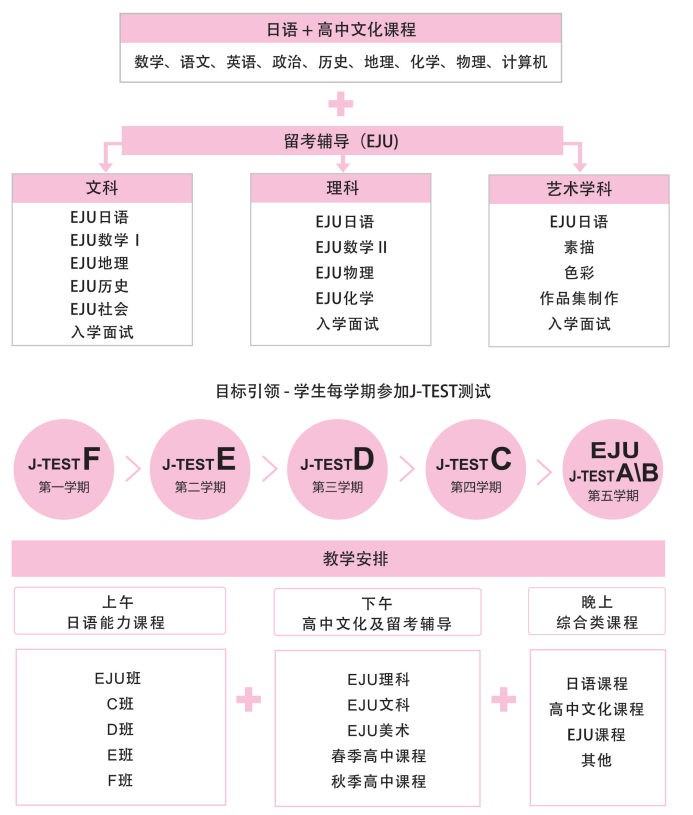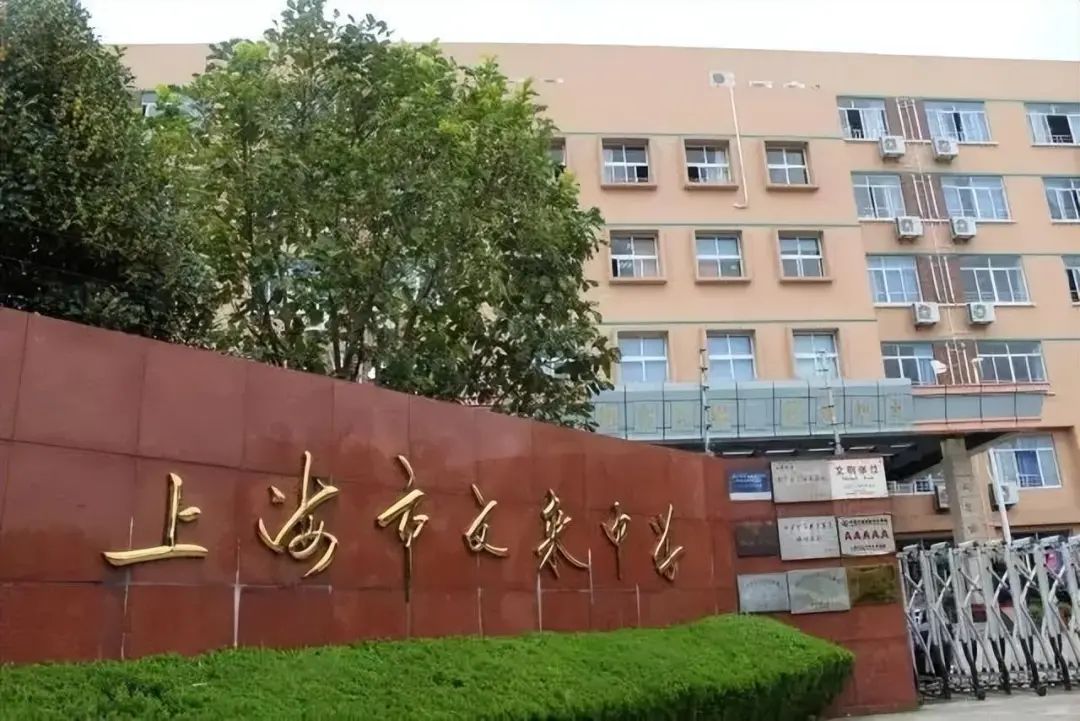观点类大作文,环境类话题
The best way to protect the environment is to use local resources, such as food or building materials rather than transporting resources from other places. To what extent do you agree or disagree?
题目来源:2025年2月15日大陆雅思大作文
1、题目大意
保护环境的最佳方法是利用当地的资源,例如食物或建筑材料,而不是从其他地方运输资源。你是否同意?
2、思路解析
这是一道观点类大作文,聊的是保护环境的最好办法。题目理解上不难,但有不少审题要点,一是观点中涉及到绝对词“best”,遇到绝对化表达,一般来说从反对角度会更好写。二是题目中涉及到对比,即“使用本地资源”和“从其他地方运输”,那在论证时需要都提及。下面,老师带大家一起来看下具体观点。
首先来看着同意的角度,有两方面。
一方面,使用本地资源可以显著减少运输过程中的碳排放。例如,长途运输食物或建筑材料需要大量的燃油,而这些燃料在燃烧过程中会释放二氧化碳,导致温室气体排放。选择本地资源能够缩短运输距离,减少能源消耗,从而减少对环境的污染。
另一方面,采用本地资源有助于维持生态系统的稳定性。外来物种可能会带来病虫害或竞争本地物种,可能会破坏当地的生态平衡。使用本地资源可以减少外来物种的引入,有助于保护本地生态环境,实现可持续发展。
再来看反对的角度,可以从环保角度和其他层面(比如经济)来说
非环保角度来看,有些地方的本地资源稀缺,无法满足人们的消费需求。举例来说,一些地区可能缺乏足够的农产品或建筑材料,这样就会导致本地资源的供应不足,无法支撑城市或地区的快速发展,甚至影响到当地人的基础生活质量。
环保角度来说,过度依赖本地资源,可能会导致当地资源的过度开采,进而加剧生态破坏和资源枯竭。例如,森林、矿产、地下水等资源可能因为过度开发而消耗过快,导致长期的环境损害。同时,随着物流技术的进步,先进的运输工具能够减少不必要的能源消耗和污染,运输成本和碳排放的影响已经大大降低,
3、提纲
4、高分范文示例
The environmental crisis has become a pressing issue in recent years, sparking debates about the best methods to protect the planet. One proposed solution is to rely on local resources, such as food or building materials, instead of transporting them from distant regions. While this approach may offer some benefits, I disagree with the idea that it is the best way to address environmental concerns.
One reason I disagree with this idea is that local resources are often limited in terms of availability and variety. Many regions are not equipped to provide all the materials or foods required for a sustainable and balanced lifestyle. For example, cold-climate areas may struggle to produce certain crops or materials that are essential for building infrastructure. By relying solely on local resources, regions could face shortages, potentially harming their economies and their populations' quality of life.
Another point to consider is that using local resources could actually have a negative impact on the ecosystem. For instance, over-extraction of local materials could lead to deforestation, soil degradation, or the depletion of natural resources. Additionally, local industries may not always adhere to the same environmental regulations and standards as larger, more globally integrated supply chains. This could result in local pollution or unsustainable practices. In contrast, transporting resources from other places can sometimes reduce environmental damage by allowing countries to specialize in certain products while protecting their natural resources. Consequently, prioritizing local resources may not always be the most environmentally responsible choice.
Although some may argue that using local resources is a more sustainable way of protecting the environment, there are instances where transporting resources can also promote sustainability. For example, modern transportation methods have become more energy-efficient, and international trade can sometimes lead to more sustainable resource management through specialization. Thus, even though there may be certain advantages to using local resources, I still believe that a more global approach is likely to be more effective in addressing long-term environmental issues.
In conclusion, while using local resources might seem like a good strategy for protecting the environment, it is not necessarily the best option from both an economic and environmental perspective. A more comprehensive, global approach that balances the use of local and imported resources is likely to be more effective in addressing the environmental challenges we face today.
5、相关词汇和语法结构
environmental crisis 环境危机
pressing issue 紧迫的问题
proposed solution 提议的解决方案
local resources 当地资源
distant regions 遥远地区
limited availability 有限的供应
balanced lifestyle 平衡的生活方式
cold-climate areas 寒冷气候地区
infrastructure 基础设施
quality of life 生活质量
negative impact 负面影响
over-extraction 过度开采
soil degradation 土壤退化
depletion of natural resources 自然资源枯竭
environmental regulations 环境法规
unsustainable practices 不可持续的做法
global supply chains 全球供应链
energy-efficient 节能的
international trade 国际贸易
sustainable resource management 可持续资源管理




